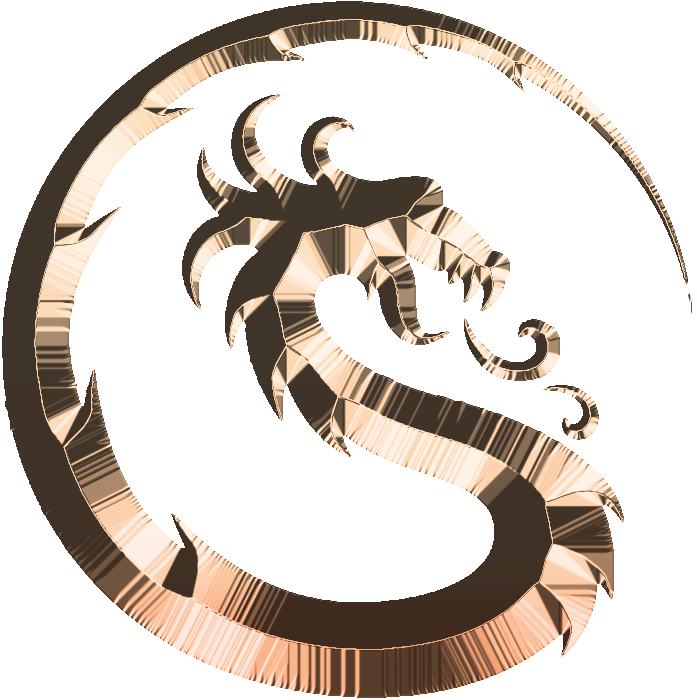On this day in the year 1298, the English and Scots fought the Battle of Falkirk – the famous battle where the army of King Edward Longshanks defeated William Wallace and his rebel Scotsmen. In the movie Braveheart, it’s the battle where Wallace is almost killed before he’s dragged from the field by Robert the Bruce, who had sided with the English at the behest of his sinister father.

Now Braveheart is a great movie, and that was a dramatic and compelling scene, but many historians have criticized both the scene and the film as being historically inaccurate. For one, Robert the Bruce did not side with the English at Falkirk. He wasn’t even there, although during his reign he did change sides between the rebel Scots and the English several times. Nevertheless, was the artistic license taken in Braveheart defensible in the name of crafting good fiction?
One of my all-time favorite historical fiction authors is Bernard Cornwell. For his novel Heretic, set during the Hundred Years War, he created several fictional places and personages central to the story, including a French count, a walled city and its lord, and a Cardinal from Livorno, which is not a real archdiocese. In my opinion, Heretic is a fantastic novel and Cornwell’s artistic license is entirely justified. In fact, unless you were a student of the French countryside or an aficionado of Italian archbishoprics, you’d not even know artistic license had been taken.
I did something similar in my own novel, whose antagonist is a French bishop. He’s not a nice man – and that’s being kind! So instead of slandering the name and memory of some real bishop, I made this character the Bishop of Blois, even though Blois’ real bishopric was not created until centuries later. I made this call for the sake of my story. And I’m okay with that.
But others may disagree. So what’s your view? When does artistic license go too far in the name of historical fiction?

Zooks
July 22, 2011 - 9:46 pm ·Hi Joseph,
What a nice site. I like your blog as well. Am looking forward to reading your book. Regarding artistic license, I agree with you that sometimes it works, sometimes it doesn't and sometimes people remember the wrong history as fact. One example, Marco Polo was only 17 years old when he traveled to Asia with his father and uncle who were merchants. In the Hollywood version, Gary Cooper played Marco Polo when he was 37 years old, did not attempt an Italian accent or have the haircut of a 13th century man. That's Hollywood for ya.
Joseph Finley
July 22, 2011 - 10:26 pm ·Zooks,
Thanks for the comment! Funny you should mention the age-thing with Marco Polo. One of the Braveheart criticisms I've come across involved William Wallace's relationship with the French princess Isabella, the character played by Sophie Marceau in the movie. In real life, Isabella didn't marry Edward II (Longshanks' son) until 3 years after Wallace's death. In fact, Isabella was only 10 years old when Wallace died! In the movie, that romantic relationship was key to the story … but it's a pretty big stretch from reality.
MWIII
July 26, 2011 - 10:23 pm ·Figures, leave it to Tinsletown to mess with the "real" story!
Stewart
August 1, 2011 - 11:21 am ·The Scots who fought with Wallace and, later, Bruce, were not rebels. Edward I had usurped the crown and placed John Balliol on the throne as his vassal king. Balliol did have a good claim to the throne vacated by Alexander and the Maid of Norway, but his willingness to accept Edward's overlordship was rejected by many Scots and earned him the derogatory nick-name "Toom tabbard" (empty cloak). Regardless, he was a legitimate contender for the Scots throne, and Wallace served as guardian of the realm and raised an army in his name. As he and his men were fighting in the name of the legitimate king, it is wrong to call them rebels. They were freedom fighters fighting to rid their country of a foreign army of occupation.
Joseph Finley
August 2, 2011 - 9:41 pm ·Stewart, all good points. Which highlights another issue with any type of historical writing, and especially historical fiction — it all depends on the author's point of view. I suppose to an English author, they may have been rebels. I favored the Scots in this story, so perhaps a better term would have been freedom fighters. When I wrote the post, I was viewing the rebels as the good guys. Maybe it was too much exposure to Star Wars in my youth? Thanks for reading the blog!
Richard Campbell
August 12, 2011 - 8:26 am ·"When does artistic license go too far in the name of historical fiction?"
When you give AK-47s to the Confederates, you've gone to far:
http://www.amazon.com/Guns-South-Harry-Turtledove/dp/0345384687
More seriously, in Stephen Rivele's "A Booke of Days," the main character who embarks on a crusade has incredibly anachronistic views towards religious freedom and the inhabitants of the Holy Land, which continually broke my suspension of disbelief.
http://www.amazon.com/Booke-Days-Journal-Crusade/dp/0330351958
On the other hand, geography that is not quite correct, or new characters who don't have a historical base (or a 100% accurate historical base, ala your Bishop of Blois), don't bother me at all (see also all of Guy Gavriel Kay).